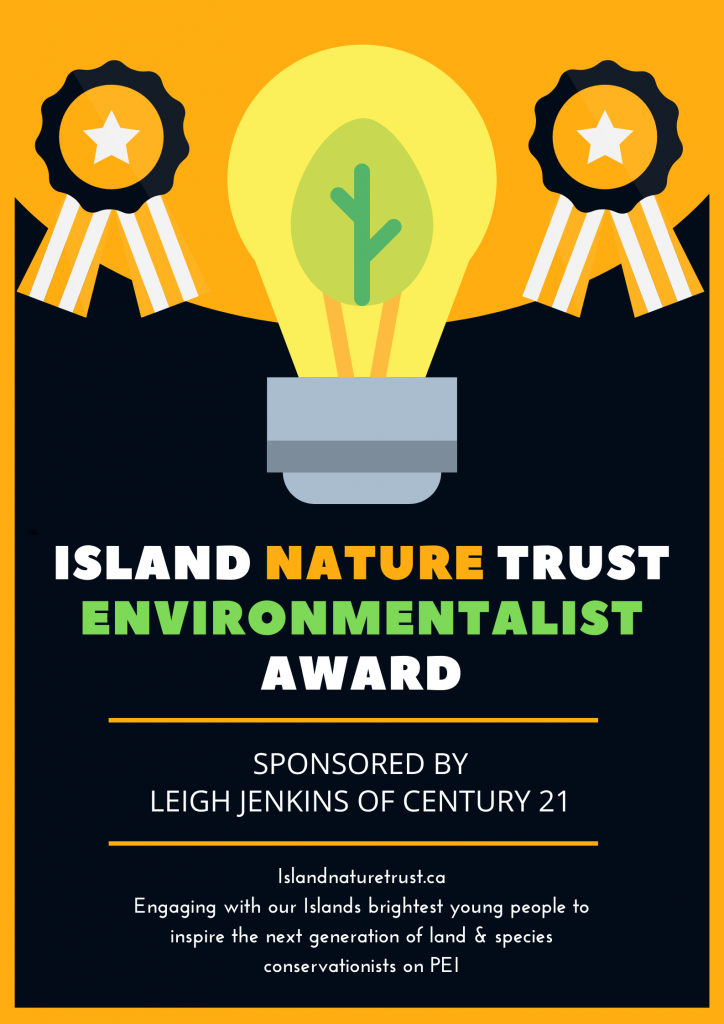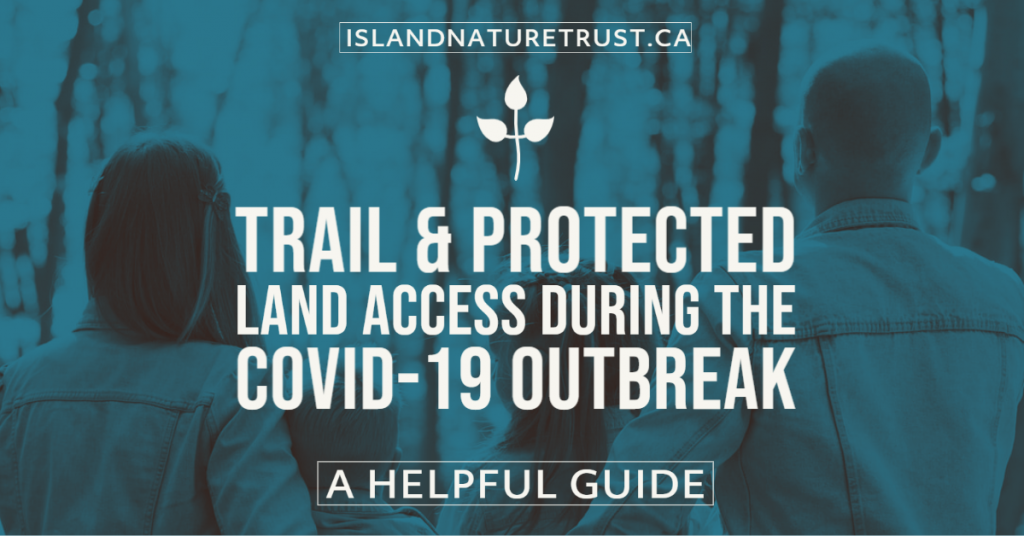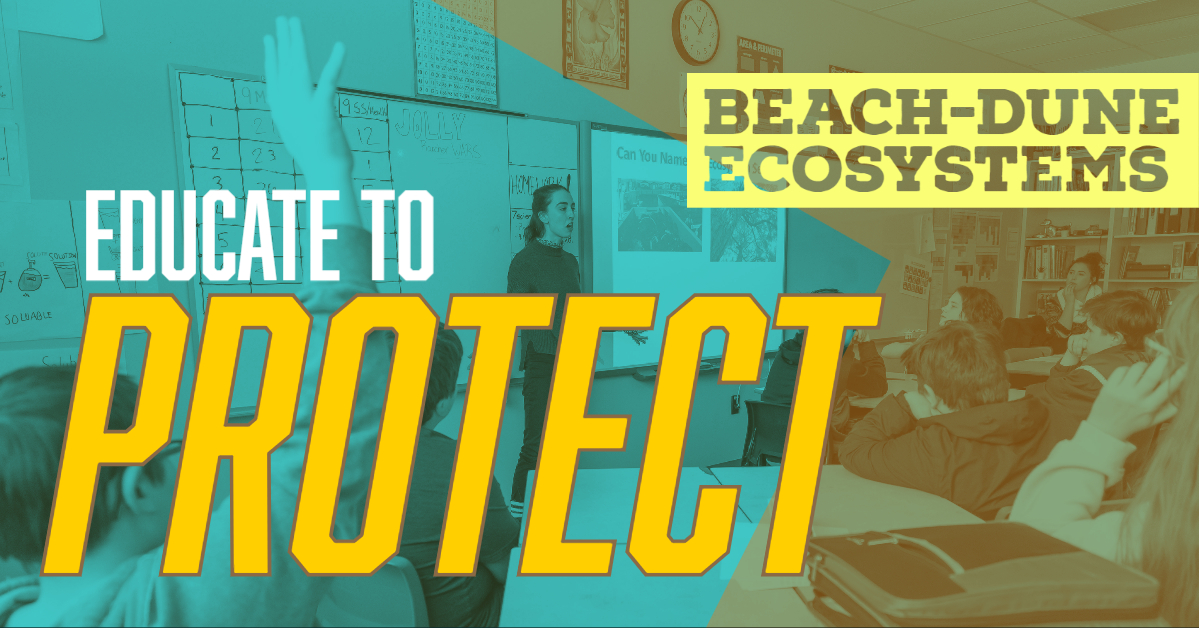Every summer, staff and volunteers at Island Nature Trust (INT) and Parks Canada staff at PEI National Park work to educate beach users and protect the endangered Piping Plover which nests on PEI beaches. This summer, these stewardship efforts will receive increased support from three enforcement agencies: Environment Canada Wildlife Enforcement Division, PEI’s Department of Justice and Public Safety – Investigation & Enforcement Section, and Parks Canada, Law Enforcement Branch.
These agencies will be working in collaboration with INT and Parks Canada to protect Piping Plovers and their shoreline habitat by educating the public and ensuring compliance with protective laws included in the Migratory Birds Convention Act, the Species at Risk Act and Canada National Parks Act. Enforcement agencies will be increasing patrols on beaches across PEI with nesting shorebirds. This time of year is critical in protecting both nests and chicks from disturbance.
In recent years, multiple charges were laid by Provincial Conservation Officers for motor vehicles on beaches and sand dunes, while Parks Canada Law Enforcement Officers issued charges for visitors with dogs in closed areas.
“Our beaches are popular destinations for Islanders during the summer, but are fragile ecosystems are also home to some of our most vulnerable wildlife. We hope to share this message with Islanders this summer and keep our beaches safe for everyone”, says PEI Investigation and Enforcement Division Manager, Wade MacKinnon.
Beaches are important habitat for wildlife: many species of shorebirds stopover on PEI beaches every summer, while migrating north to nest. A few species remain throughout the summer, including the Piping Plover, which is vulnerable as it nests on the open beach, between the edge of the dune and the high tide line. Piping Plover rely heavily on camouflage in the cobble-sand area of the upper beach to protect their young from natural predation. Any disturbance that gives away the location of their nest puts the eggs and young at risk and leads to lower success in raising chicks.
Both the Island Nature Trust and Parks Canada take action to contribute to the recovery of Piping Plovers:
- In PEI National Park, Piping Plover nesting beaches are closed to the public and domestic animals (including dogs) are prohibited on park beaches from April 1 – October 15 annually.
- On provincial beaches, INT staff install symbolic fencing with signs and rope around nesting areas. When visiting a provincial beach, you can help reduce disturbance to nesting birds by staying close to the water’s edge, keeping your pets on leash, and taking your trash home or placing it in a garbage bin. Additionally, the Provincial Government has signed Provincial beaches that have nesting Plovers requiring dog owners to have their dog on a leash.
Notes to editors:
- Piping Plovers nest on PEI’s north and eastern shores from mid-April to mid-July. In 2018, 56 individual Piping Plovers returned to nest on PEI beaches.
- Threats to Piping Plovers include: human disturbance, vehicles on beaches, off-leash pets, and predators, which are often attracted by garbage left on the beach.
- Reports of illegal activity on provincial beaches can be reported to PEI’s Department of Justice- Investigation & Enforcement Division (902-368-4808); in PEI National Park, call 1 877-8523100
- Reports of Piping Plover on beaches can be sent to Island Nature Trust (902-892-7513).
- For updates on beach closures and the status of nesting Piping Plovers in PEI National Park, please visit our “2019 Plover Watch” web page, available at www.pc.gc.ca/pei
Contact:
Vicki Johnson
Coordinator, Piping Plover Program
Island Nature Trust
plover@islandnaturetrust.ca
Work: 902-892-7513
Wade MacKinnon
Manager of Investigation and Enforcement Environment, Labour and Justice
wjmackinnon@gov.pe.ca
Work: 902-368-4808
Kerry-Lynn Atkinson, M.Sc.
Coordinator, Species at Risk Program
Coordonnatrice, Programme d’espèces en peril
Parks Canada | Parcs Canada
Prince Edward Island Field Unit | Unite de gestion, Ile-du-Prince-Edouard
kerry-lynn.atkinson@canada.ca
Telephone | Téléphone: 902-672-6367



